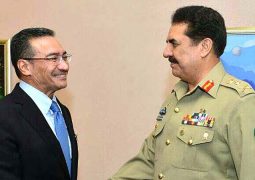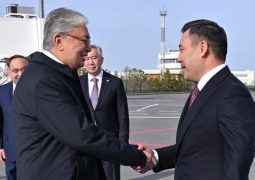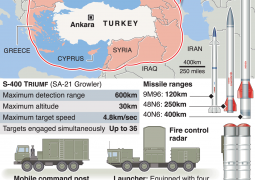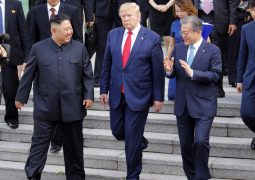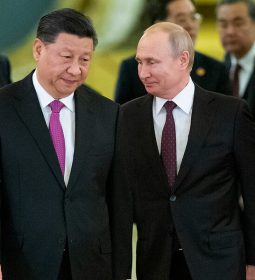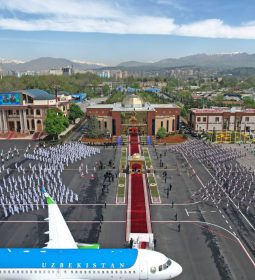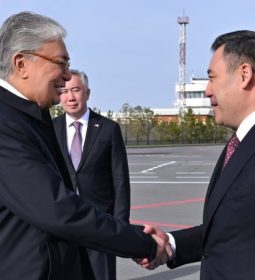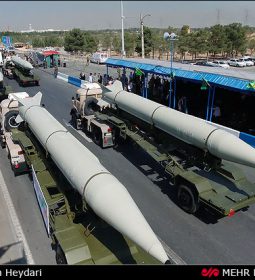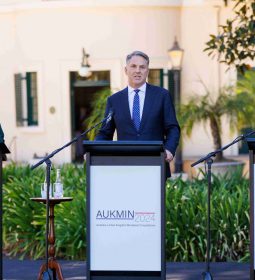Againistan or It is Qatar Again: Qatari official: Afghan talks postponed indefinitely
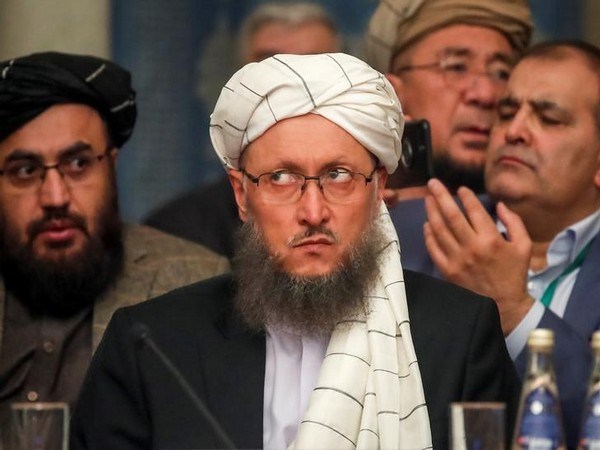
KABUL, Afghanistan — A first round of Afghan-to-Afghan peace talks that would have seen Taliban and government officials sit together for the first time were postponed indefinitely Thursday after a falling out over who should attend.
Sultan Barakat, director of Qatar’s Center for Conflict and Humanitarian Studies, the organization sponsoring the talks, tweeted news of the postponement, saying “this is unfortunately necessary to further build consensus as to who should participate in the conference.”
The talks scheduled for Friday between Afghan and Taliban representatives were considered a significant first step toward finding a negotiated end to the war in Afghanistan and the eventual withdrawal of U.S. troops, which would end America’s longest war.
The senior official said negotiations went awry after President Ashraf Ghani opposed a list of participants announced by Barakat’s organization. A list of 243 people was announced by Qatar on Thursday.
That list differed from Ghani’s list of 250 people, which included many more women, according to a senior government official, who spoke on condition of anonymity because he was not authorized to speak to the media.
The Taliban did not immediately comment but Zabihullah Mujahed, Taliban spokesman, on Wednesday questioned the size of the government delegation.

Efforts to find an end to the war in Afghanistan have escalated since the appointment in September of U.S. Peace Envoy Zalmay Khalilzad, who has held several rounds of talks with the Taliban. The Taliban’s negotiating team numbers 14, including five former inmates of the U.S. prison on Guantanamo Bay.

The Taliban had previously refused to hold direct talks with Ghani’s government, calling them puppets of the U.S. However, after pressure from Khalilzad and the government of Qatar, where the religious movement maintains a political office, they agreed to an intra-Afghan dialogue that includes members of the government. Still, they said they would recognize them only as ordinary Afghans, rather than government officials or ministers.
- Previous Uzbekistan, South Korea sign agreements for $12 billion
- Next Peace talks postponed as Taliban objects to size of Afghan delegation



